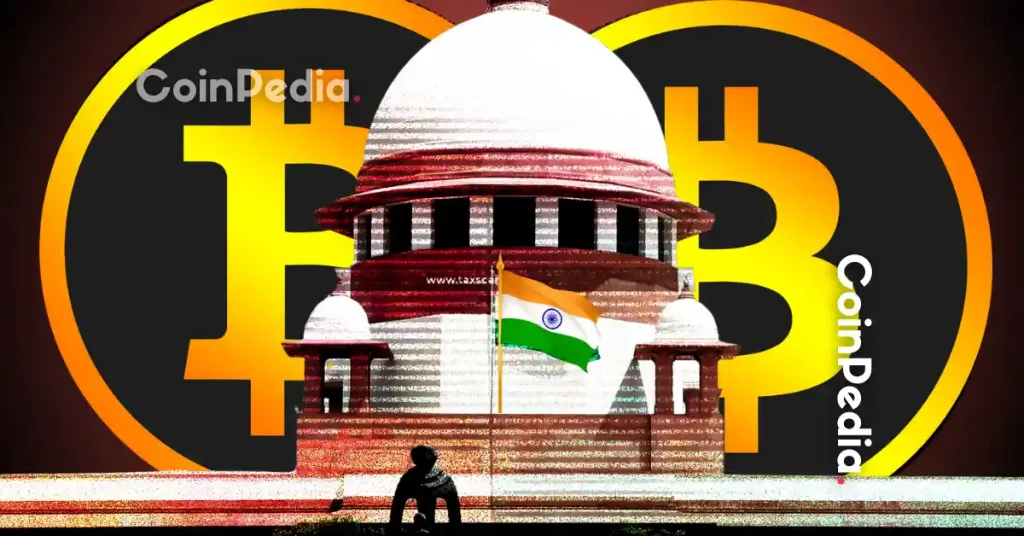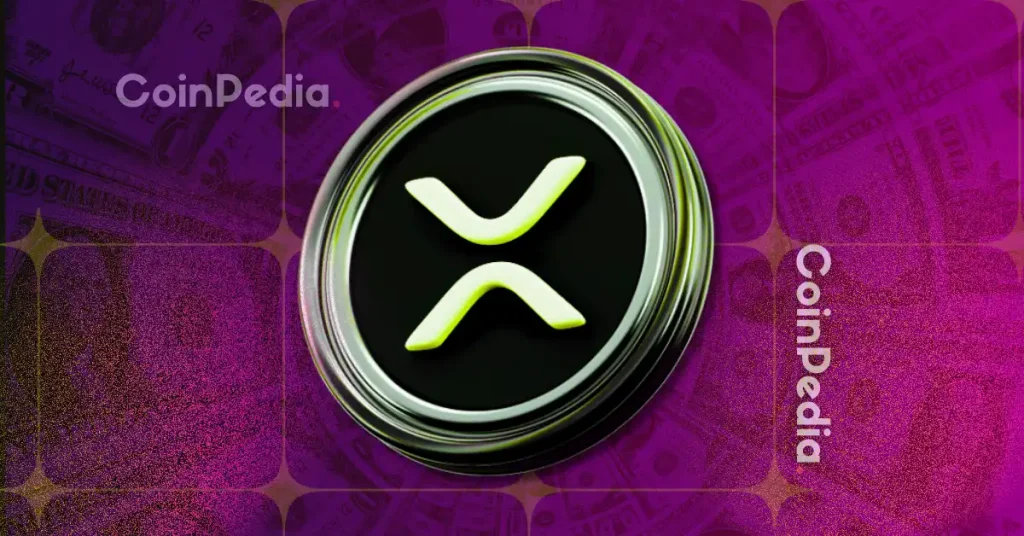Crypto Unregulated in India, But FIU Registration Mandatory: MoS Finance



The post Crypto Unregulated in India, But FIU Registration Mandatory: MoS Finance appeared first on Coinpedia Fintech News
The Indian government has stirred up fresh confusion for crypto users and traders. Currently, global crypto exchanges in India exist in a grey area, as they are neither legal nor illegal, and crypto assets remain unregulated under Indian law.
Regulation Unclear, But Compliance Mandatory
“At present, crypto or virtual assets are not regulated in India. Consequently, the question of the legality or illegality of specific crypto platforms does not arise as on date,” Minister of State for Finance Pankaj Chaudhary shared in a written reply to the Lok Sabha.
However, to keep an eye on money laundering and terror financing, the Financial Intelligence Unit (FIU-IND) now requires all Virtual Asset Service Providers (VASPs), both Indian and international, to register under the Prevention of Money Laundering Act (PMLA).
This means that any platform offering crypto services to Indian users must be registered with FIU-IND, or risk being flagged. Besides, the FIU is also maintaining a public list of non-compliant platforms. Although India does not have a clear regulatory framework for crypto, the compliance checks have already begun.
He also noted that a 1% TDS is applied on every crypto transaction, including those with offshore platforms, as long as the income is taxable in India.
Crypto Traders Struggle With High Taxes
Crypto traders in India are facing a harsh reality. Every profit is taxed at a flat 30%, with no exceptions or deductions. On top of that, there’s a 1% TDS on every single trade, even if the trader is making a loss.
There is also GST applied to trading fees, which further reduces already slim profit margins. Besides, traders do not have the option to offset their losses, so every unsuccessful trade results in double the impact.
Major Hacks Shake Trust
Domestic exchanges that promise safety and compliance are also falling short as users continue to face withdrawal delays, poor customer support, and a lack of transparency in operations. To make matters worse, there have been serious breaches. WazirX faced a $234 million exploit, and users are still waiting for full recovery. CoinDCX also recently faced a $44 million hack.
COINS Act Offers Hope
However, in a push towards clarity, the COINS Act was proposed by Hashed Emergent and Blackdot Policy as India’s first industry-led model crypto law. It puts rights before restrictions, focusing on self-custody, privacy, and the freedom to innovate.
The proposal also includes a new, dedicated crypto regulator called CARA to ensure fair and tech-aware oversight. While it’s not a law yet, the COINS Act serves as a strong blueprint for future regulation in India.

Teucrium CEO Slams Gary Gensler’s ETF U-Turn, Reveals Why He’s Backing XRP
The post Teucrium CEO Slams Gary Gensler’s ETF U-Turn, Reveals Why He’s Backing XRP appeared first o...

Jim Cramer Plans to Own Bitcoin and Ethereum as Hedge for His Kids
The post Jim Cramer Plans to Own Bitcoin and Ethereum as Hedge for His Kids appeared first on Coinpe...

Ripple Price Prediction As SEC Approves And Pauses Bitwise ETF Holding XRP
The post Ripple Price Prediction As SEC Approves And Pauses Bitwise ETF Holding XRP appeared first o...


 BREAKING: The Ministry of Finance clarifies, crypto assets are still unregulated in India.
BREAKING: The Ministry of Finance clarifies, crypto assets are still unregulated in India.
 India’s crypto puzzle is not solved yet, just more pieces added.
India’s crypto puzzle is not solved yet, just more pieces added.